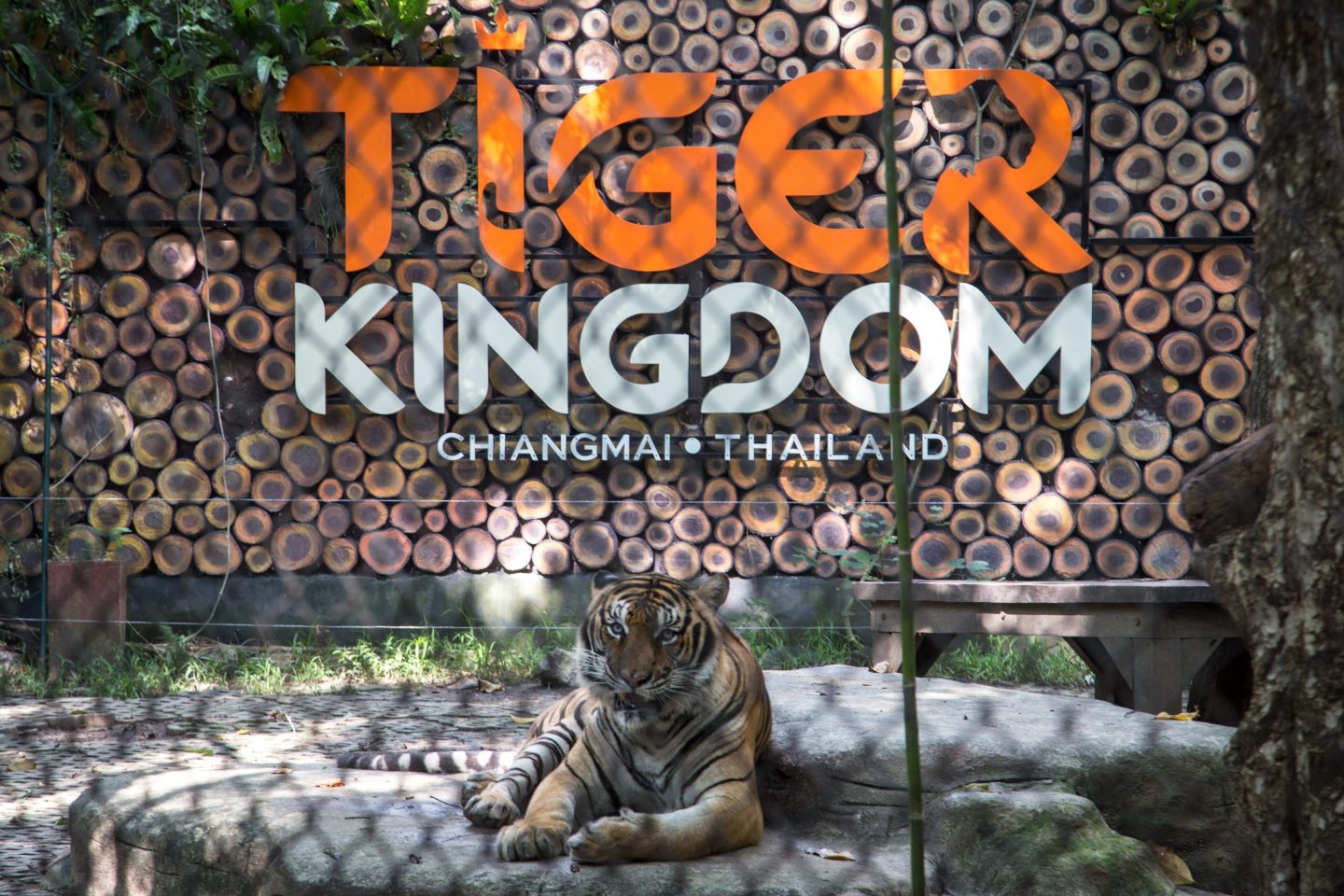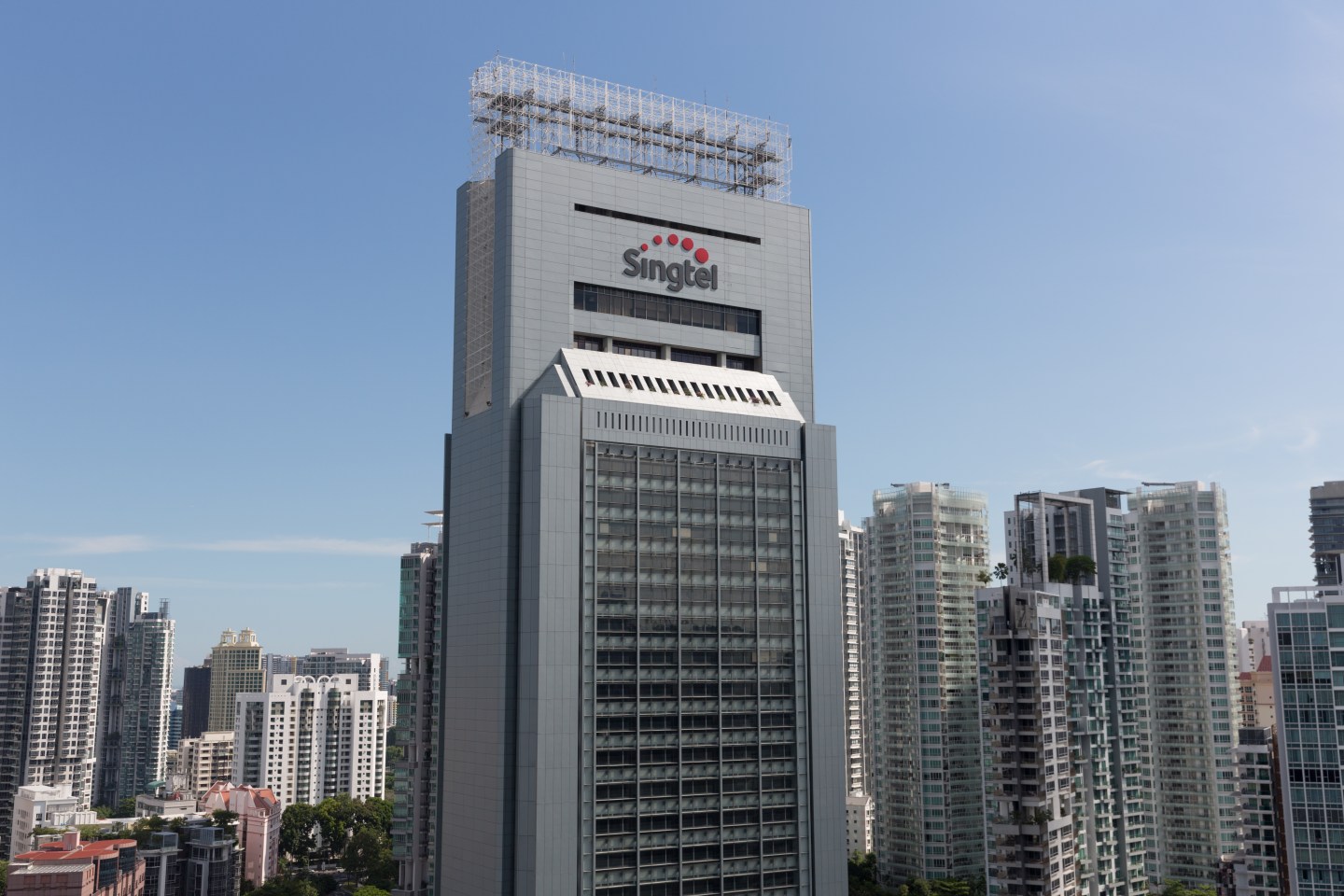AS Watson was established in 1841 in Hong Kong, the year the British took over the territory. Almost 185 years later, the brand is now a health and beauty retail giant, with close to 17,000 outlets across 31 markets, including mainland China, Malaysia, the UK, Turkey and even Ukraine.
“We are a people company,” Malina Ngai, group CEO of AS Watson, said at the Fortune Innovation Forum in Kuala Lumpur, Malaysia, on Monday. Ngai acknowleged the company’s long history–including how the company endowed Sun Yat-sen, who later led the 1911 revolution against the Qing dynasty, with a medical scolarship–yet argued that AS Watson had to remain forward-thinking.
“Heritage gives us credibility, so people trust us, but only if we stay relevant [will we] be able to stay alive,” Ngai said.
The secret sauce to successfully operating in so many markets, Ngai argued, came from understanding their customers. In Southeast Asia—which Ngai described as one of AS Watson’s “growth engines”— consumers are young, digitally-savvy and conscious about health and beauty. They also love new campaigns and product launches. As such, Watsons, AS Watson’s main drugstore brand, has rolled out campaigns such as “Kaw Kaw Deals” in Malaysia, replete with a catchy jingle of the same name by local personalities Jinnyboy and Ayda Jebat.
Through market surveys, Ngai also found that many young customers in the region enjoy shopping at brick-and-mortar stores, despite a variety of online shopping options. “For younger customers, they want to be in the store, they want to get consultancy, they want to be able to touch the product—and this is what we can offer,” she said.
Aside from popular J-beauty and K-beauty products, Watsons also offers an array of halal-certified skincare and beauty items for Muslim consumers in markets like Malaysia and Indonesia.
C-beauty has also seen a spike in popularity among Southeast Asian consumers. Chinese beauty brands are “strong in technology and social media, and they get engagement and popularity within Southeast Asia very quickly,” Ngai explained.
‘People-first’
Ngai emphasized the importance of empowering employees. “In the company, if everyone is a leader, it will be a very powerful company. This means they know exactly the [company’s] purpose, they know how to collaborate, and they care for each other,” Ngai said.
Still, AS Watson is moving to adopt new technologies across its team, including launching a company-wide generative AI protocol in September. “AI used to be just with my data team, the programmers—but now Gen AI is for everyone,” Ngai said.
As the company approaches its 185-year milestone in 2026, Ngai shared her hopes for AS Watson’s future. “I don’t normally dream about work over the years. I sleep quite well, but recently, I dream a lot about 185 years,” Ngai said. “[I want AS Watson to] be an organization that can stay fit for the future, the next 180 years.”













